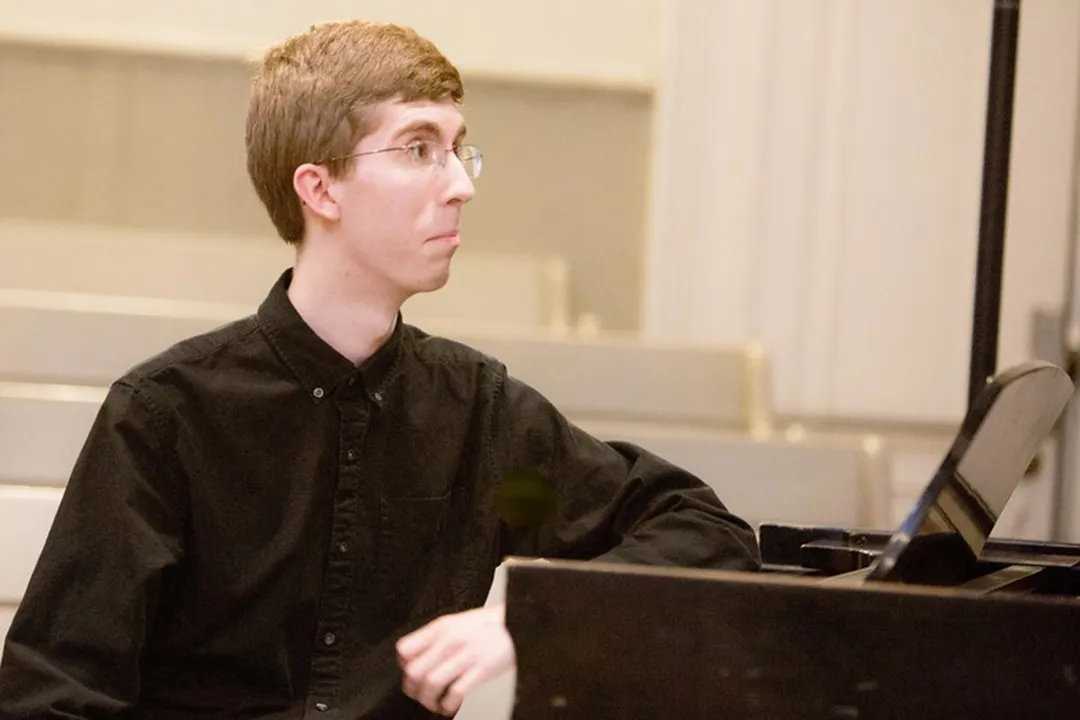My Swat Story: Andrew Harsh '23

Swarthmore Offered Cooperation Over Competition
"People here are more interested in learning from, rather than, competing against one other. It's a culture of students that are interested in using whatever they're studying to make the world better together. That's an attitude that I really wanted in the institution that I explored. I think the strong activist drive, particularly BIPOC students, has led the student body to push the institution to be better at various times in its history, including now. It's also a culture that I hope will contribute to Swarthmore students working hard to improve the rest of the world too."
He Wants to Make Math More Accessible
"What makes math so wonderful is that it gives us the opportunity to explore patterns in the purest and simplest setting. The real world is complicated and scary, and I feel like what should be beautiful about mathematics is that we get to decide what the rules of the game are. We get to make them as simple as we want and then we get to explore the consequences of those rules in a totally free and safe environment. At the same time, this incredibly beautiful and universal idea of exploring patterns is surrounded by a culture that makes a ton of people afraid of math. It leads some people to take pride in being better than everybody else. What makes me so excited about being a teacher is trying to fight against that harmful culture and give more people the opportunity to discover the love for it that I experienced myself."
He Prefers Jazz Music to Classical
"I played classical piano growing up and I really didn't like it very much. Around age 10, I stopped and then I started playing flute. I continued playing pretty seriously through the end of high school, but I eventually started to understand that I didn't necessarily dislike playing the piano as much as I disliked having all these notes on a page that I had to keep track of. I think one of the really beautiful things about jazz is that the musician is responsible for making up what they play as they go along. To become a good improviser, you have to let go of the need to judge what you play, listen to the sound that you create and whatever you hear, let that inform the next thing that you do."



